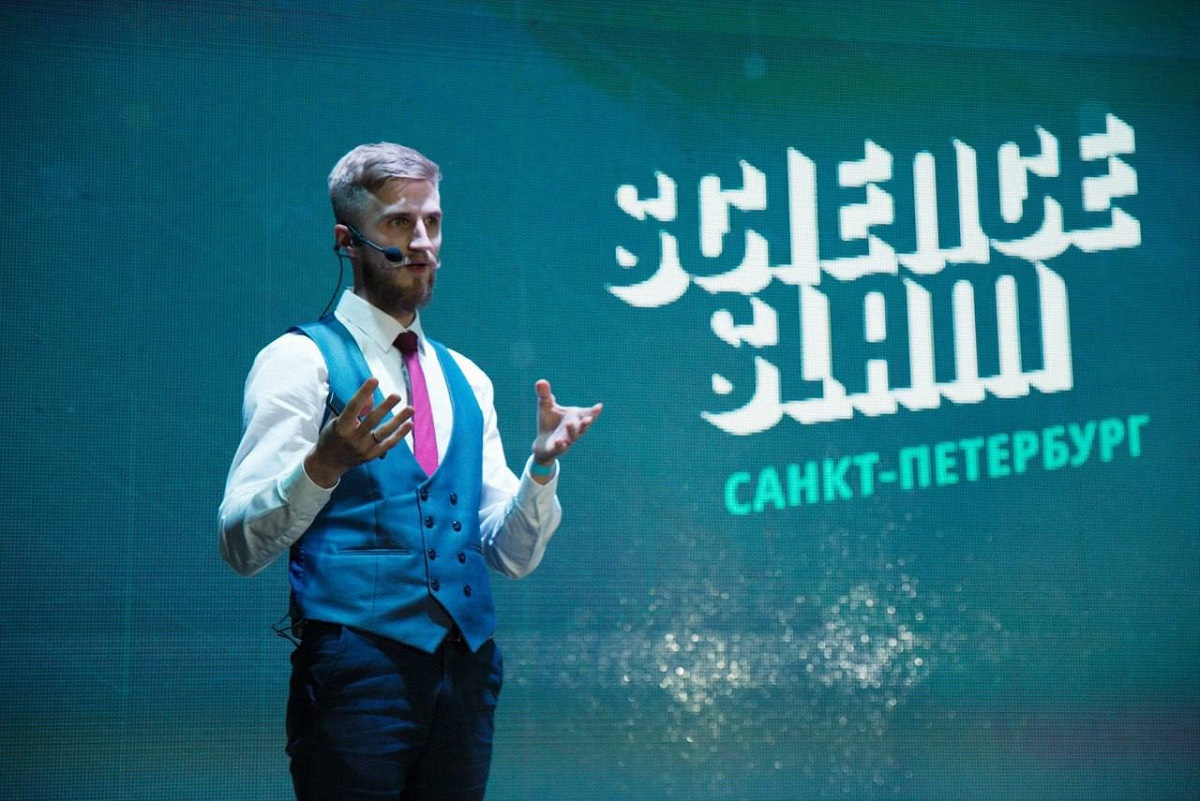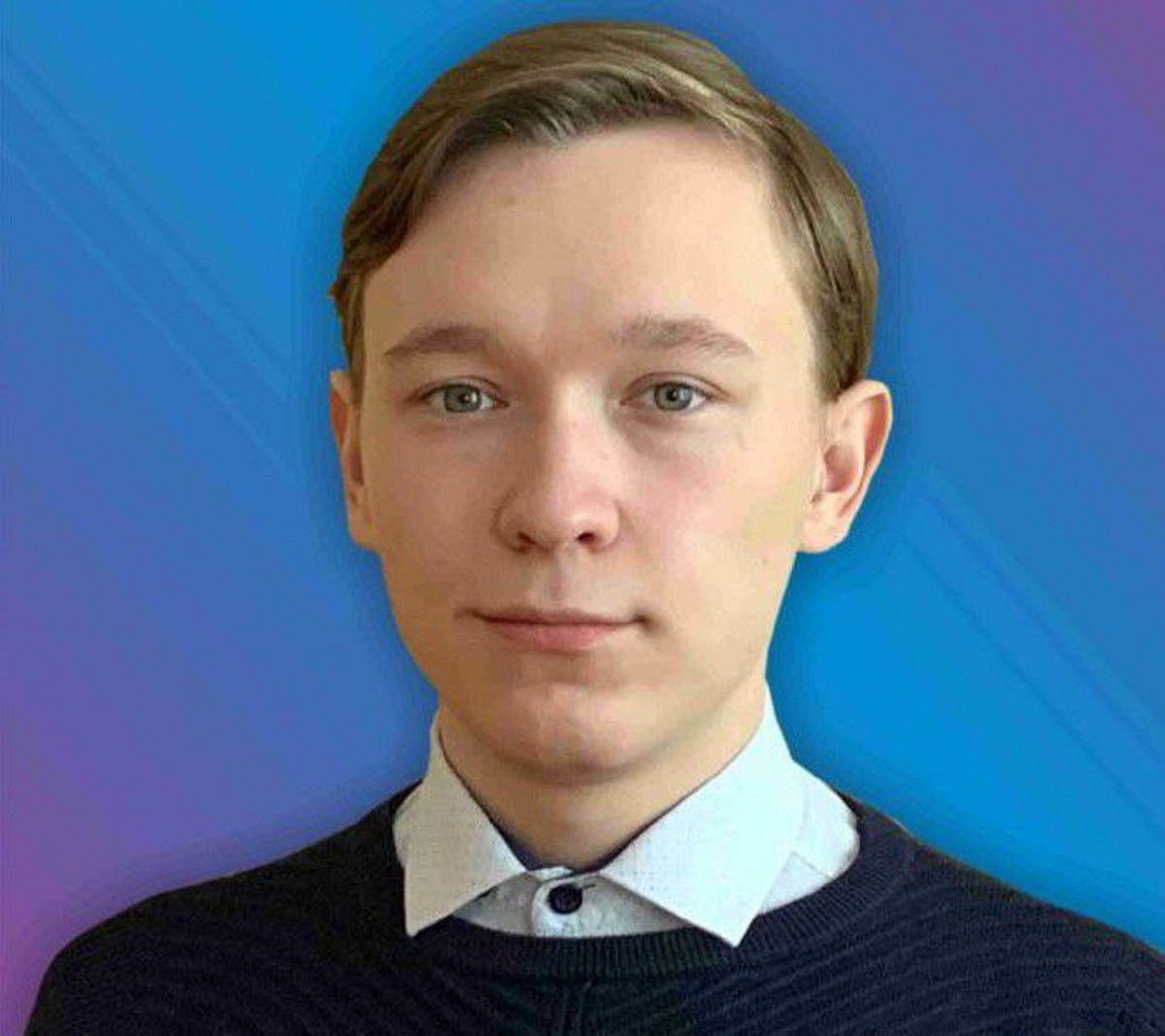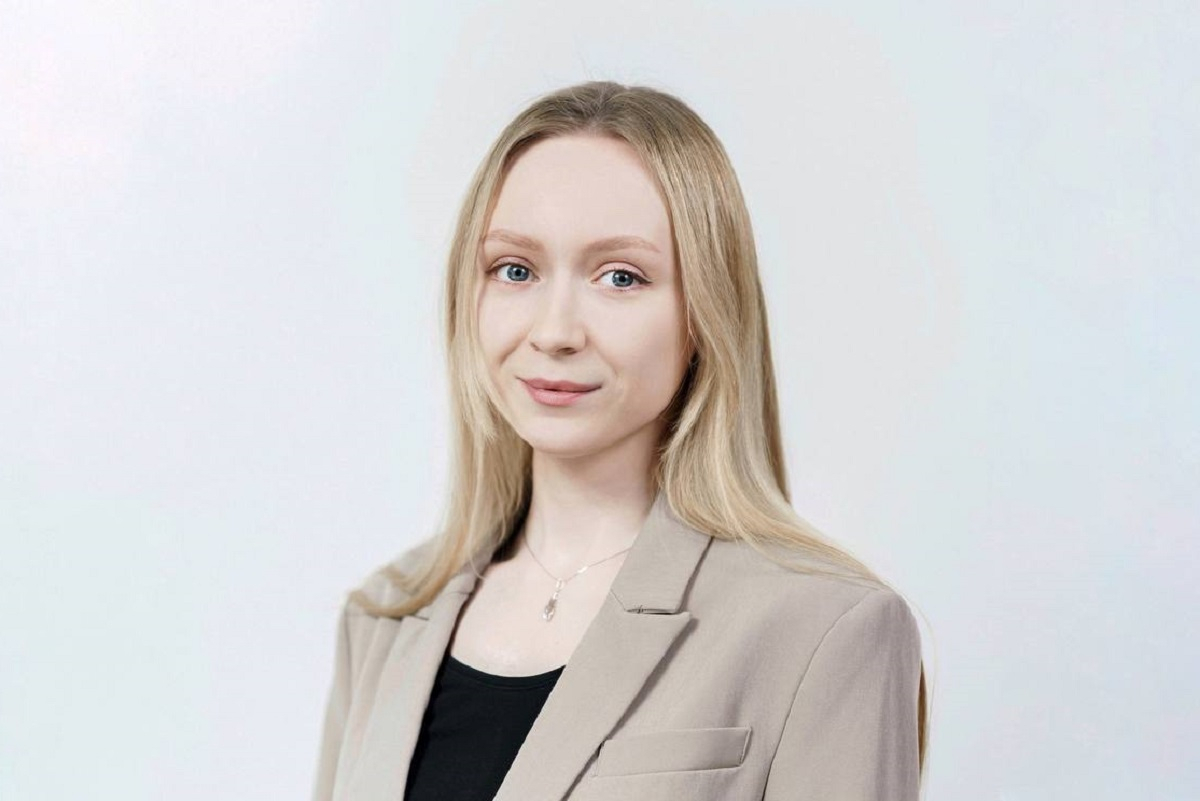St Petersburg University students hold internships at Gazprom Neft: studying fields and working on real-world projects
Alexander Butorin, Head of the Seismic discipline at the Gazprom Neft Science and Technology Centre and a graduate of St Petersburg University, spoke about the opportunities for aspiring geophysicists from St Petersburg University to participate in production and research projects, applying their knowledge into practice, while still studying at the University. The internship will help students to prepare for the future when they will support the hydrocarbon production process.

Could you please tell us about how student internships are organised at the Gazprom Neft Science and Technology Centre? Specifically, what does the internship programme include, how long do the internships last, and what types of assignments are given to students?
At the Gazprom Neft Science and Technology Centre, a dedicated department manages internships and relations with universities. Each intern is assigned a supervisor who provides organisational support and helps define the internship’s goals and objectives. These goals can focus on solving production issues or addressing research and methodological challenges, depending on the student’s interests, graduation project topic, and other needs. Internships vary in duration, ranging from two weeks to a semester, or even longer. For instance, students in employer-sponsored master’s programmes often work as interns for the entire duration of their university studies to be able to apply the newly acquired knowledge and skills in practical settings.
Could you please specify which academic programmes offered at St Petersburg University send students for internships at the Gazprom Neft Science and Technology Centre? Can student interns make a real contribution to the work process, and what valuable knowledge can they gain during their internships?
Most of our student interns come from the Institute of Earth Sciences at St Petersburg University — specifically, the Geology and Geophysics programmes, specialising in oil and gas geology. Initially, they focus on mastering specialised software and completing relatively simple tasks under their supervisor’s guidance. Over time, they become full-fledged team members, working on production and research projects alongside more experienced colleagues. This can involve analysing well data for a field or interpreting seismic data.
When participating in production projects, student interns tackle real-world assignments. Thus they enhance their understanding of the knowledge they acquire at the University, while assisting my colleagues and me in solving our practical problems.
In research projects, student interns join teams to address specific research challenges. For instance, they may be involved in developing comprehensive assessments of geological data density, testing new forecasting techniques based on seismic data, optimising modelling techniques for complex reservoirs, or other processes.
What do you see as the primary objective of conducting internships? Is it to teach future specialists how to apply theoretical knowledge in their future jobs, to help them acquire practical skills, or to train potential future colleagues? How many of your interns are subsequently employed at the Gazprom Neft Science and Technology Centre?
Firstly, my objective is to help young colleagues to apply their knowledge in practical setting, as what appears obvious in theory may not be clear in practice. Furthermore, the oil industry heavily relies on specialised software for modelling and analysing geological and geophysical data, which can only be mastered through hands-on experience.
On the other hand, the participation of young specialists in real-world projects allows for assessing their professional competences and ability to effectively internalise new information. Ultimately, this helps in establishing a system of selecting early-career geologists for further employment. During the internship, students become familiar with internal rules and regulations and gain experience working both independently and in a team. As a result, in future employment, much less time will be required for induction training.
Could you please tell us more about your current colleagues who graduated from St Petersburg University? What academic programmes did they graduate from? How do you assess their work? In your opinion, what qualities distinguish St Petersburg University graduates from those of other higher education institutions?
Many graduates of the Geophysics programme at St Petersburg University are employed at the Gazprom Neft Science and Technology Centre, making up about a quarter of all seismic interpretation specialists. Additionally, many graduates of the master’s programme "Geological Support for Hydrocarbon Reservoirs Development" continue their careers with us and at other Gazprom Neft subsidiaries. The programme’s specifics enables to produce specialists in various fields, including sedimentology, petrophysics, geology, geophysics, and field development. Some of its first graduates have already become recognised experts in the industry.
In my opinion, St Petersburg University graduates stand out by their strong foundational knowledge and well-developed competences in a wide range of disciplines. Additionally, the University’s emphasis on academic and research activities provides a significant advantage when working at the Gazprom Neft Science and Technology Centre.
In 2018, with support from Gazprom Neft, the University launched the master’s programme "Geological Support for Hydrocarbon Reservoirs Development". How would you assess the outcomes of this programme so far?
The master’s programme "Geological Support for Hydrocarbon Reservoirs Development" aims to provide a comprehensive understanding of disciplines related to studying and modelling the subsurface aspects of oil and gas fields. During the course of study, students gain knowledge in the key areas, such as: well studies; surface geophysics; geological modelling; field development; and drilling. Notably, each student selects a topic for their master’s graduation project, allowing them to study in-depth and specialise in a particular area of interest.
Most graduates of this programme go on to work at the Gazprom Neft Science and Technology Centre or related research and education centres within the company. This demonstrates that St Petersburg University’s graduates are well-prepared for the workplace.
You are a graduate of St Petersburg University with a degree in geology. What did you learn during your University years, and how does that knowledge help you in your current role?
I graduated from the bachelor’s programme in 2010 and the master’s programme in Geophysics in 2012. Most of the knowledge I gained during my studies has been valuable in my work. My education at the Faculty of Geology provided a comprehensive understanding of geological science, processes, and research methods. In general, this is what I do in my current role.
St Petersburg University students and graduates about their internships at the Gazprom Neft Science and Technology Centre
Klim Gerasimov, first-year master’s student in the Geological Support for Hydrocarbon Reservoirs Development programme

During my internship, I completed a course on interpreting seismic data in correlation with well data using specialised software. Upon completion of the course, I worked on the complex interpretation of well and seismic data for an oil field in Western Siberia. Using this data, I created maps showing the distribution of facies within the field’s productive strata (in geology, ‘facies’ refers to a layer of rock distinct from adjacent strata based on observable characteristics — Editor’s note). This work formed the basis of my master’s graduation project and was an interesting, exciting, and valuable experience for me.
The diverse knowledge and skills I gained during my University studies have been invaluable in my work. For instance, my broad academic background in petroleum geology and lithology provided an understanding of depositional processes characteristic of different facies, enabling me to perform facies modelling and mapping. Additionally, some disciplines required using specialised software. This helped me to learn its interface and functionality. This prior experience facilitated a smoother and faster transition during the seismic interpretation course, making the learning process more efficient and enjoyable.
The internship programme gave me the opportunity to apply theoretical knowledge from my University studies in practical settings. I gained hands-on experience, strengthened and expanded my skills in using specialised geological software, and enhanced my understanding of seismic data interpretation, including its principles and algorithms. Additionally, I gained insights into the overall project work process.
Viktoriia Smirnova, a 2023 graduate of the master’s programme "Geophysics"

The assignments I had to complete during my internship at the Gazprom Neft Science and Technology Centre were diverse and engaging. My primary objective was to develop skills in seismic data processing and interpretation in real-life projects. I particularly remember mastering synchronous seismic data inversion (a method of seismic interpretation — Editor’s note), especially the process of selecting optimal parameters to achieve correct results.
The theoretical knowledge acquired at the University provided a solid foundation for tackling production tasks. The internship also required flexibility and adaptability. Many assignments were non-standard, necessitating the integration of existing theoretical knowledge and practical experience that I was lacking. In these situations, I had to learn on the fly, seeking guidance from my supervisor and more experienced colleagues. This process significantly contributed to my professional growth.
During the internship, I acquired practical skills in modern software used in the oil and gas industry, significantly expanding my technical skill set. I also enhanced my skills in complex data analysis and the ability to draw conclusions, which deepened my understanding of seismic data interpretation.

